Category used for resources with files referenced from the migrated articles, or other file resources that are usually referenced and not necessarily listed under /resources
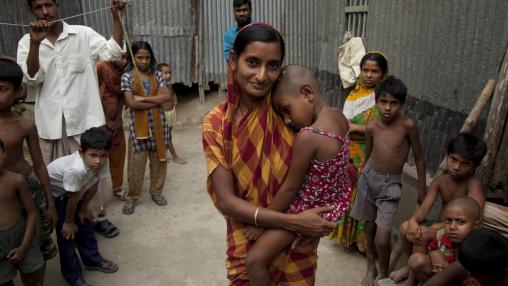
Improving Food Systems for Better Lives
Although we have successfully reached the Millennium Development Goal of halving extreme poverty and hunger at the global level, an estimated 795 million people continue to suffer from hunger while two billion suffer from micronutrient deficiencies. Making our food systems more nutritious, resilient, and inclusive can significantly improve the lives of millions of people living in poverty around the world.
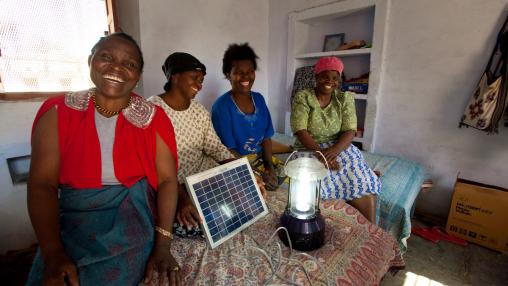
Turkey G20 Report on Opportunities for Economic Growth and Job Creation
In a report to the G20 Development Working Group released in September of last year, FAO and the OECD (with inputs from the Asian Development Bank, IFAD, ILO, IFPRI, and WTO) discussed the vital role that food security plays in the G20’s overall growth agenda. Food insecurity and malnutrition come with a high economic cost, reducing countries’ human capital and decreasing productivity and opportunities for growth.
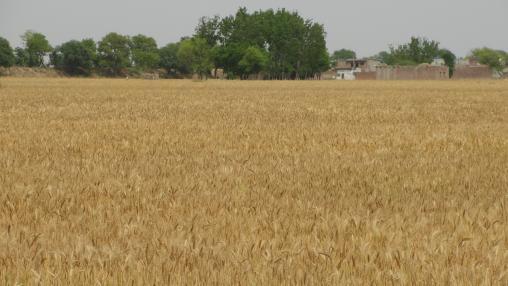
Latest FAO Monthly News Report on Grains Released
The June edition of the FAO Monthly News Report on Grains was released yesterday, with coverage of the biggest weekly rally in wheat and corn prices in three years, the signing of a free trade agreement between China and Australia, and more .
This issue's linked reports include Climate Change and Food Systems: Global assessments and implications for food security and trade and El Niño Southern Oscillation (ENSO): Possible impact on agricultural production during the second half of 2015 .
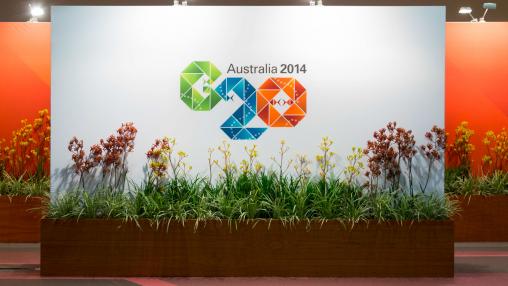
Australia G20 Framework on Food Security and Nutrition
In 2013, the G20 Leaders’ Declaration included a framework on food and nutrition security (FSN Framework). This Framework was designed to provide the basis for a long-term, integrated, and sustainable food systems approach to food security and nutrition, recognizing that action is needed both within and beyond the agricultural sector.
The Framework set out three priority objectives to integrate food security and nutrition efforts at the global level and within lower income countries. These objectives also include links to the G20’s focus on economic growth and job creation.
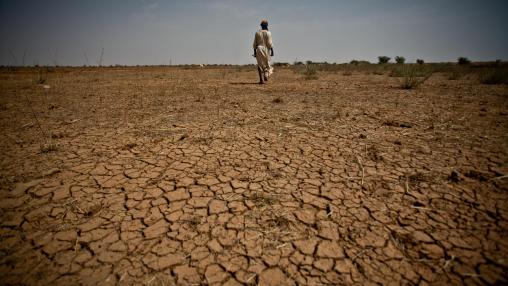
Lima Climate Conference Highlights Climate Change Adaptation, Education
The Lima UN Climate Conference (Lima COP20 CMP10) was held in December 2014 and set the stage for global policymakers to establish a universal climate change agreement in Paris at the end of this year. Representatives from over 190 countries agreed upon the elements to be addressed by the Paris 2015 conference and achieved a number of “firsts” in international climate discussions.
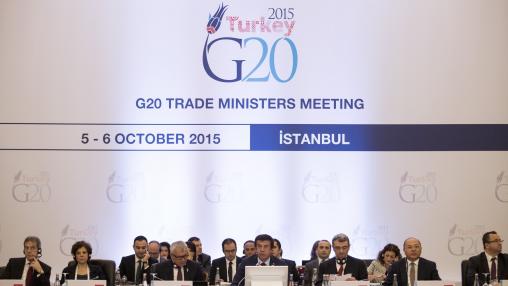
Turkey G20 Agriculture Ministers Communique
The G20 Agriculture Ministers met in Istanbul this May to discuss the group’s ongoing efforts on the issue of food and nutrition security. In their final report, the ministers highlighted several important global issues linked to food security, including the impacts of climate change and the need for sustainable food systems, the need to minimize global food loss and waste, and the goal of increasing incomes and job opportunities in rural areas, particularly for women and youth.
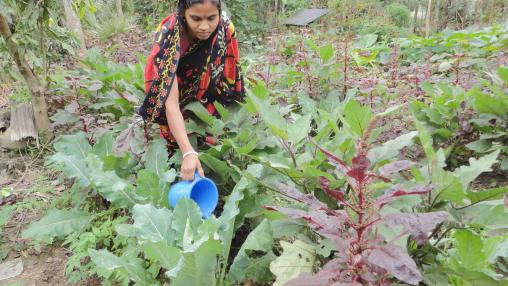
Paris G20 Action Plan on Food Price Volatility and Agriculture
In 2011, the G20 Agriculture Ministers released an action plan on food price volatility and agriculture to address sustainable increases in agricultural production and productivity. The plan recognized that such increases would necessitate improvements in land and water management, improved agricultural technologies, a strong enabling environment with increased investment, particularly from the private sector, well-functioning markets and better market information, and efforts to mitigate and manage the risks associated with excessive agricultural commodity price volatility.

The Problem with Export Bans
At last week's ICTSD dialogue on the needs of agricultural exporting and importing countries, export restrictions received a lot of negative attention. Panelist Joseph Glauber, Visiting Senior Research Fellow at the International Food Policy Research Institute (IFPRI) and former Chief Economist at the United States Department of Agriculture, shared his insights on the matter via email with Food for Thought:
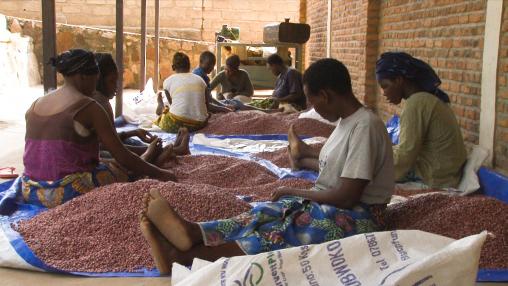
New Trends in Global Value Chains Have Implications for Food and Nutrition Security
Contemporary globalization has been marked by significant shifts in the organization and governance of global value chains, says Gary Gereffi of the Center on Globaliztion, Governance & Competitiveness (CGGC) at Duke University. These changes imply more opportunities for connection and for economic, social and environmental upgrading in large emerging economies, as well as challenges for small countries and firms on the periphery.
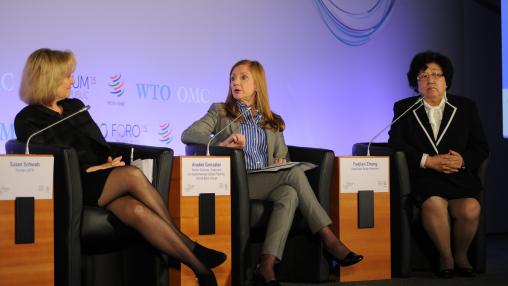
LIVE ICTSD WEBCAST TODAY: Submit your questions on Twitter with the hashtag #ICTSDAG
Join us at 14:30 UTC +1 (9:30 AM EDT) for "Understanding the Interests of Agricultural Exporting and Importing Countries , " an informal dialogue exploring options for promoting food security and rural development by building on recent ICTSD work on national policy trajectories.